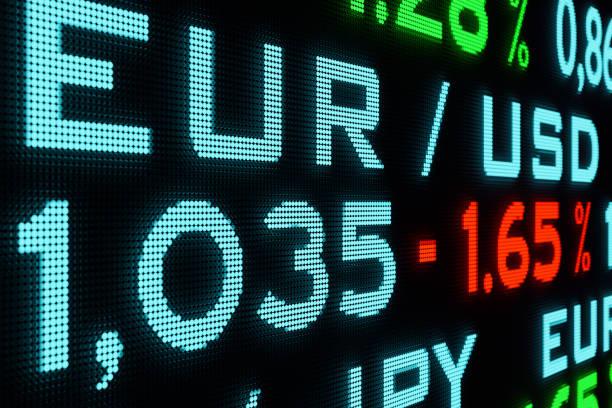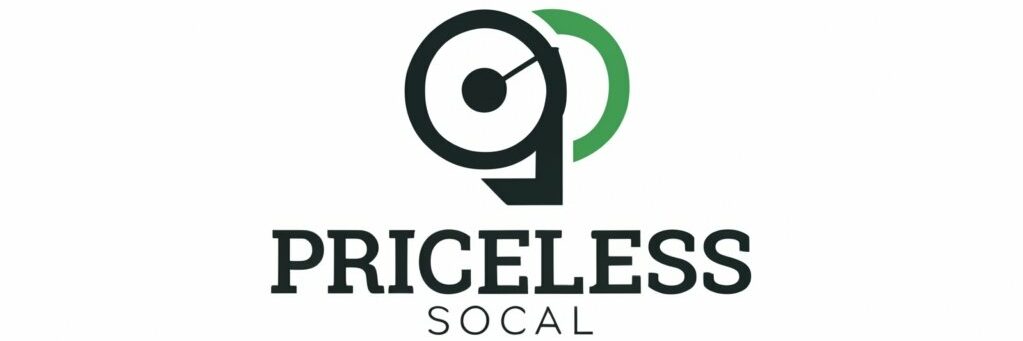The United Arab Emirates (UAE) has been making significant strides in the financial sector, particularly in the forex exchange trading market. Forex CFD trading, or Contract for Difference trading, has become increasingly popular among investors in the UAE and globally. This form of trading allows investors to speculate on the price movements of currencies without actually owning the currency. Let’s delve into the intricacies of the UAE CFD Market (In Arabic, it is called “سوق العقود مقابل الفروقات في الإمارات العربية المتحدة“) and how it relates to forex CFD trading.
Understanding Forex CFD Trading
Forex CFD trading involves taking a position on the price movement of a currency pair without physically buying or selling the currency. Instead, traders speculate on whether the price of one currency will rise or fall relative to another. This type of trading offers several advantages, including leverage, which allows traders to control a larger position with a smaller amount of capital. It’s important to note that while leverage can amplify profits, it can also magnify losses.
The UAE CFD Market Landscape
The UAE CFD market has been growing rapidly due to the country’s strategic location, political stability, and advanced financial infrastructure. Many international brokers have set up operations in the UAE to cater to the growing demand for Forex CFD trading. The market is regulated by the Securities and Commodities Authority (SCA), ensuring a safe and transparent trading environment.
Regulatory Framework in the UAE
The regulatory framework for forex CFD trading in the UAE is robust and well-defined. The SCA ensures that all brokers operating within the country adhere to strict guidelines to protect investors. This includes requirements for capital adequacy, segregation of client funds, and regular reporting. The SCA also provides a platform for dispute resolution, which adds to the credibility of the UAE CFD market.
Benefits of Trading in the UAE CFD Market
There are several benefits to trading in the UAE CFD market. Firstly, the market offers a wide range of currency pairs, allowing traders to diversify their portfolios. Secondly, the market operates 24 hours a day, five days a week, providing ample opportunities for trading. Thirdly, the use of advanced trading platforms and tools enables traders to make informed decisions.
Risk Management in Forex CFD Trading
Effective risk management is crucial in forex CFD trading. Traders must set stop-loss orders to limit potential losses and take-profit orders to secure gains. Diversification of trades across different currency pairs can also help mitigate risks. It’s also important to stay informed about global economic events, as they can significantly impact currency prices.
The Role of Technology in Forex CFD Trading
Technology plays a pivotal role in forex CFD trading. Advanced trading platforms provide real-time market data, charting tools, and automated trading capabilities. These tools help traders to analyze market trends and execute trades quickly and efficiently. The use of artificial intelligence and machine learning is also on the rise, offering new opportunities for predictive analysis and trading strategies.
Challenges Faced by Traders in the UAE CFD Market
While the UAE CFD market offers many opportunities, it also presents challenges. One of the main challenges is the high level of competition among brokers, which can make it difficult for traders to choose the right platform. Another challenge is the need for continuous education and staying updated with market trends and strategies. Additionally, managing emotions and avoiding impulsive trading decisions is crucial for success in forex CFD trading.
Conclusion
The UAE CFD market is a dynamic and growing sector within the forex exchange trading industry. It offers a range of opportunities for investors looking to trade in the global currency markets. With the right knowledge, tools, and risk management strategies, traders can navigate the complexities of forex CFD trading and potentially achieve significant returns. As the market continues to evolve, it’s essential for traders to stay informed and adapt to new technologies and market conditions.

